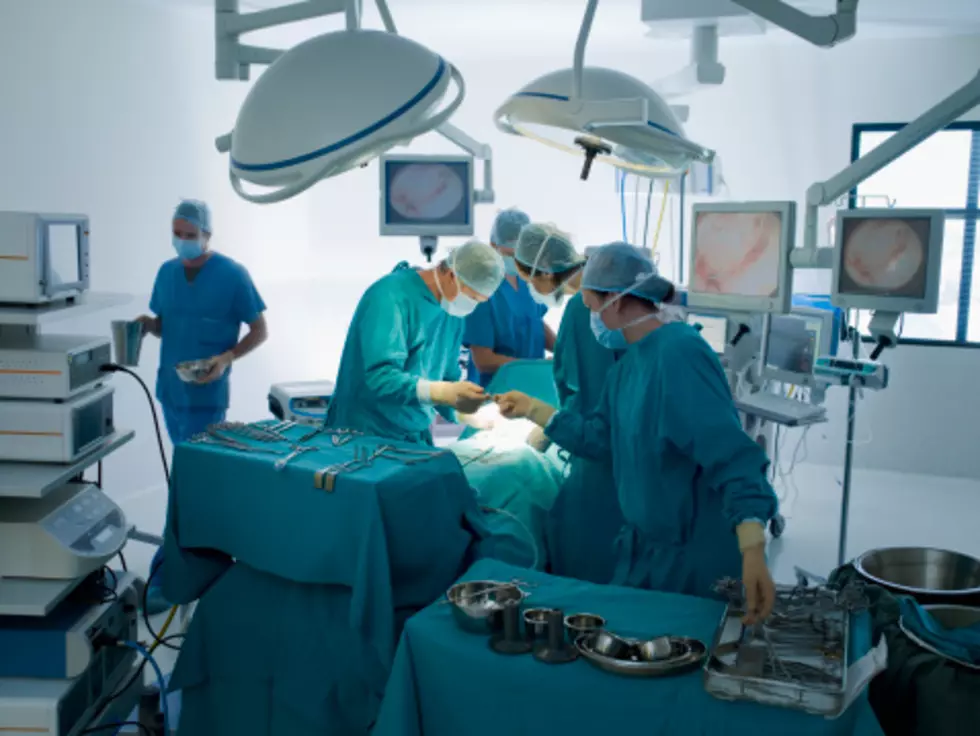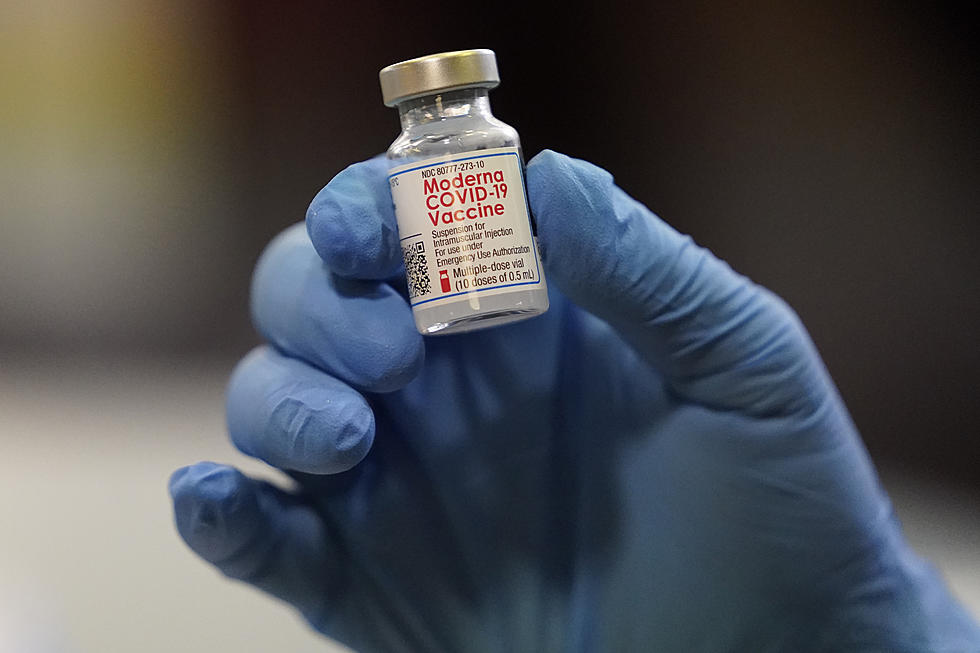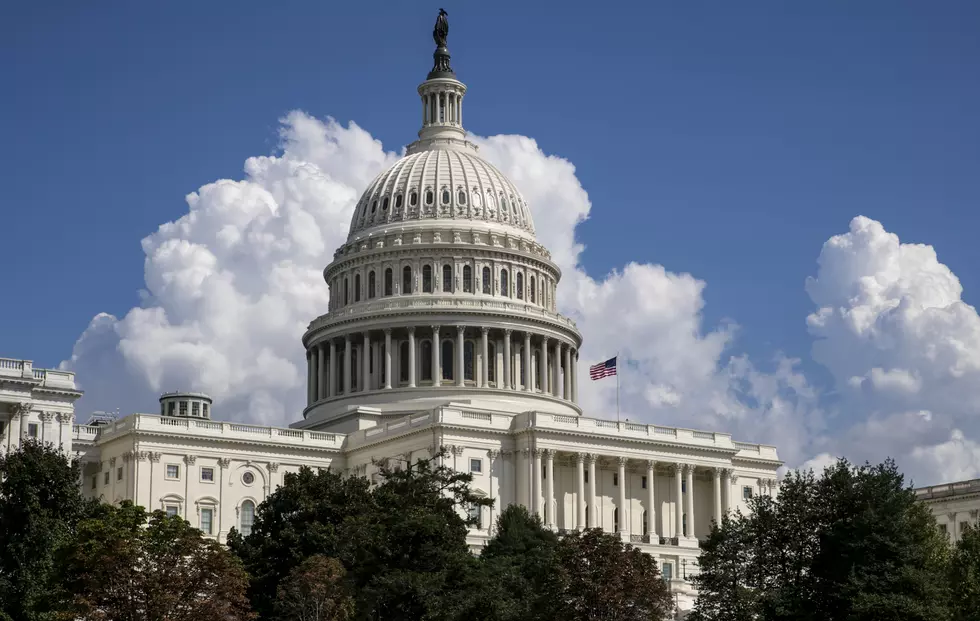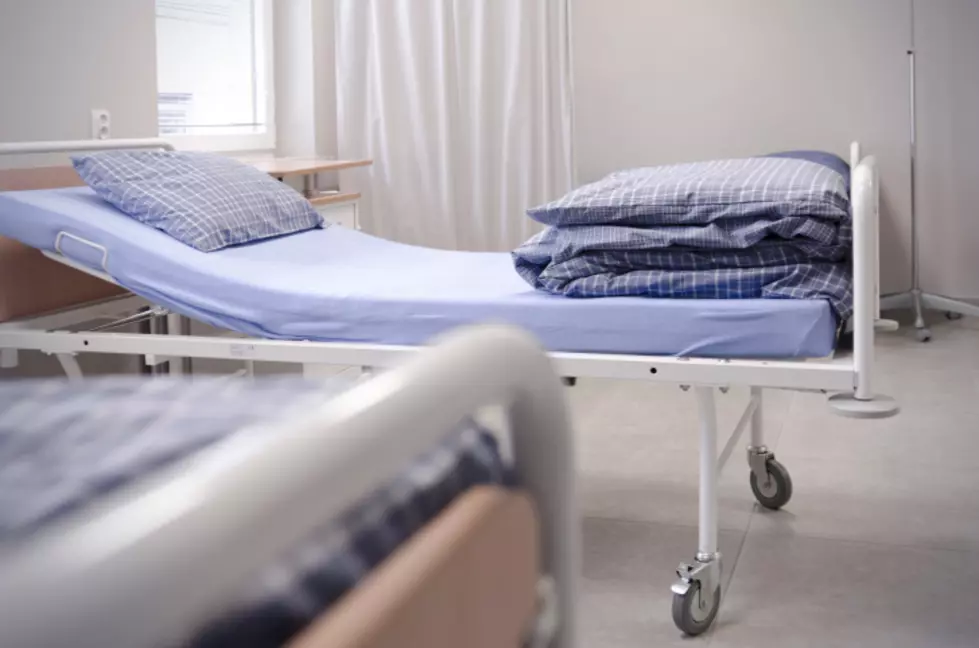![Cost Saving Pilot Program Expands To More NJ Hospitals [AUDIO]](http://townsquare.media/site/385/files/2011/12/CooperHospital.jpg?w=980&q=75)
Cost Saving Pilot Program Expands To More NJ Hospitals [AUDIO]
A pilot program launched in a dozen New Jersey hospitals in 2009 which was designed to save money, especially among Medicare patients, is now expanding to 33 hospitals across the state.
The program, called "gain-sharing," paid bonuses to doctors who found ways to cut the cost of treating Medicare patients.
"The whole idea behind this program is to get hospitals and physicians to work together and to be on the same page to make health care more efficient," said Kerry McKean Kelly, Vice President of Communications for the New Jersey Hospital Association. "By becoming more efficient, they will be able to safely reduce health care costs."
One of the ideas a hospital may save money is to have doctors move their patient rounds to the morning instead of the afternoon.
"By doing that, a physician can look at the patient load and if some of them are ready to be discharged, they can be on their way home in the morning. It frees up a hospital bed almost a full day earlier. It's good for the patient because they would prefer to recover in the comfort of home, but it also reduces the cost of almost a full day in the hospital."
Under health care reform, one way to make care more efficient and more affordable is to make sure it's well coordinated and that patients are receiving the right amount of care.
"Eliminating redundant testing or procedures is another way that makes the care experience better for the patient, but also reduces cost," said McKean Kelly. "The way Medicare payments worked in the past wasn't set up to encourage this kind of teamwork. Hospitals, up until now, had been paid a single lump sum for a hospital stay, while physicians got paid a la carte."
"By making minor changes in the day-to-day operations and promoting efficiency and better coordinated care, if you multiply that by all the hospitals in the state and across 365 days a year, that can mean substantial savings for Medicare," said McKean Kelly. "New Jersey is really being a front-runner in testing this idea and hopefully down the road, it can be tested nationwide. It starts by trying to reduce Medicare costs and streamlining Medicare efficiency. But, what we learn in this pilot program can be expanded to include all patient types beyond Medicare and create widespread savings."
More From New Jersey 101.5 FM









